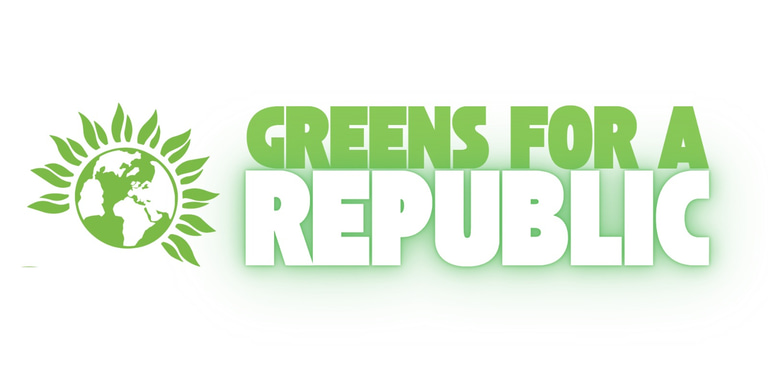No Room for Royal Rot: Why Ireland Would Never Crown a Prince Andrew
While the British polish their turds, the Irish would just flush and move on.
11/8/20252 min read
The Irish Model: How It Works
Ireland’s presidency is a ceremonial head of state, similar in public role to the British monarch — representing national unity, attending state functions, signing laws — but crucially:
The president is elected (by popular vote every 7 years).
Their powers are constitutional, not personal or hereditary.
Their conduct is accountable under public law and democratic oversight.
It is NOT the same as the US system with an executive president.
How This System Prevents “Andrew-type” Scandals
1. Merit replaces birthright
In a republic, nobody inherits power. Candidates must earn public trust through transparent election.
This filters out those unsuited for public responsibility — and prevents a culture of untouchable entitlement from forming in the first place.
2. Accountability replaces immunity
In Ireland, the president is subject to the law like any other citizen.
If they commit a crime, they can be investigated, impeached, and removed.
There are no “men in grey suits” quietly managing disgrace — everything happens through open, constitutional procedure.
3. Transparency replaces secrecy
The president’s spending, appointments, and correspondence with government are subject to freedom of information laws and parliamentary oversight.
Scandals can’t be buried in palace walls or hidden behind royal privilege.
4. The press is freer to scrutinise
Because the president isn’t surrounded by a centuries-old culture of reverence, journalists treat the officeholder as a public servant, not a sacred symbol.
Healthy criticism prevents the myth-making and silence that protected figures like Andrew for so long.
5. The office is bound by democratic consent
Every Irish president, from Mary Robinson to Michael D. Higgins or Catherine Connolly, serves by public mandate.
If they betray that trust, voters — not hereditary succession — decide their fate.
Legitimacy flows from the people, not lineage, so accountability is built in.
6. The institution protects the republic, not the individual
When a president abuses power, the office survives; the person can be replaced.
In a monarchy, the institution’s survival often depends on defending individuals at all costs.
That’s why Andrew could be shielded for years — the monarchy protects itself first.
A republic doesn’t create perfect people — but it creates systems strong enough to handle imperfection openly.
Where monarchy relies on silence, deference, and damage control, a republic relies on law, scrutiny, and consent.
That’s why an Irish-style model — modest, constitutional, and democratic — offers not just an alternative head of state, but a different moral culture: one where truth need not be proclaimed loudly as an act of rebellion, because it is simply how a free people govern themselves.
Feeling inspired? Email the Policy Development Committee at pdc@greenparty.org.uk
Any Green Party member can join a Policy Working Group. Help us shape a democratic future!
